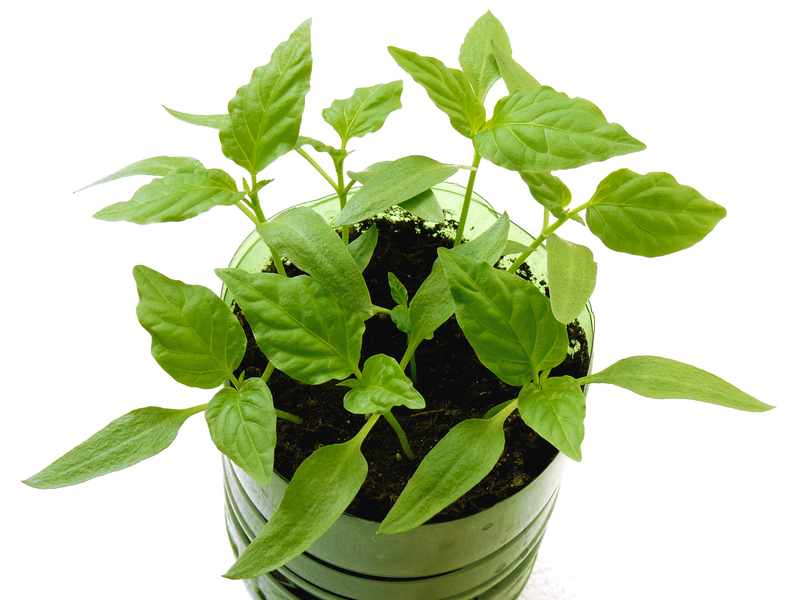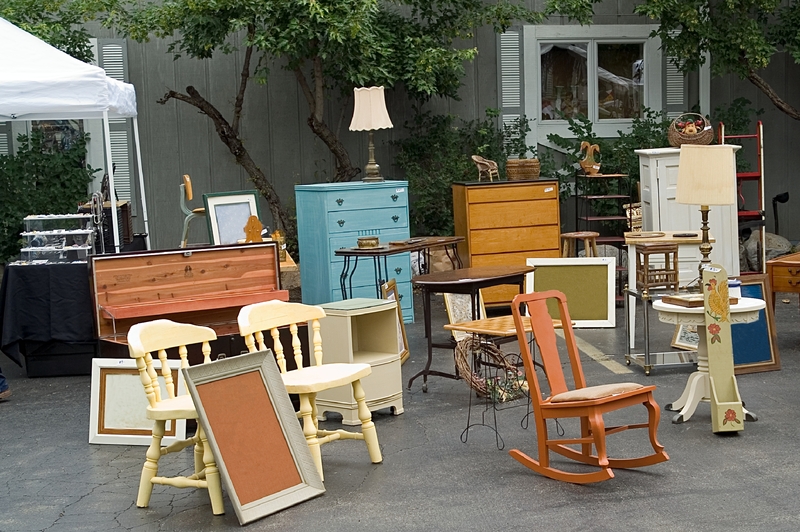Understanding and Disposing of Hard Rubbish
Proper management and disposal of hard rubbish are essential for maintaining a clean and environmentally friendly community. But what exactly is hard rubbish, and how should it be disposed of responsibly? This article will delve into the nuances of hard rubbish, offering insights and guidelines to help you navigate efficient waste disposal.
What is Hard Rubbish?
Hard rubbish refers to household waste that is too large or bulky for regular garbage collection services. It often includes items like old furniture, broken appliances, and other large household goods. As these items do not fit into standard waste containers, they require special disposal methods.
Common Types of Hard Rubbish
- Furniture: Old couches, tables, chairs, and bed frames.
- Appliances: Refrigerators, washing machines, and ovens.
- Home improvement debris: Carpeting, lumber, and fixtures.
- Electronic waste: TVs, computers, and other electronics.
Identifying these items as hard rubbish is the first step towards proper disposal.

Why Is It Important to Dispose of Hard Rubbish Responsibly?
Improper disposal of hard rubbish can have significant environmental and societal impacts. Here's why responsible disposal is crucial:
Environmental Impact
- Landfill Overflow: Poor disposal practices contribute to overflowing landfills, affecting local ecosystems.
- Pollution: Certain items release harmful chemicals, contaminating soil and water.
Community Concerns
- Health Risks: Poorly disposed items can become breeding grounds for pests and increase health hazards.
- Aesthetic Issues: Abandoned rubbish diminishes community beauty and property valuations.
A clear understanding of these impacts underscores the importance of proper hard waste disposal.
Methods of Hard Rubbish Disposal
There are several methods available for disposing of hard rubbish responsibly. Let's explore some effective strategies:
1. Council Collection Services
Most local councils offer scheduled hard rubbish collection services. Residents can place their bulky items on the curbside for pickup. Check your local council's website for specific guidelines and collection dates.
2. Waste Transfer Stations
Community waste transfer stations accept large volumes of hard waste. By transporting your items here, you contribute to more sustainable sorting and disposal practices.
3. Recycling Facilities
Many hard rubbish items can be recycled. Facilities often handle electronic waste, metals, and some plastics, ensuring they are processed and reused appropriately.
4. Donations and Reuse
Items in good condition can often find a second life through donations. Consider organizations that accept furniture, electronics, and appliances. This not only helps minimize waste but also supports community welfare.
5. Skip Bins
For extensive cleaning or renovations, hiring a skip bin may be practical. Ensure to categorize and separate waste items to comply with environmental regulations.
Guidelines for Preparing Hard Rubbish for Disposal
Preparation is vital to ensure smooth and effective rubbish disposal. Follow these general guidelines:
- Sort Your Items: Separate items that can be recycled or donated from those destined for disposal.
- Check Council Policies: Understand what your local council accepts for collection and any restrictions they might have.
- Safety First: Handle sharp or dangerous items carefully, securing them if necessary for safe transportation.
- Schedule Your Disposal: Book your services in advance, ensuring you adhere to set timelines for collections or drop-offs.
Organizing your waste not only facilitates easy disposal but also enhances recycling rates.
Challenges and Solutions in Hard Rubbish Disposal
Common Challenges
- Illegal Dumping: In some areas, improper disposal methods can lead to illegal dumping, affecting both community and environment.
- Overwhelm: Large volumes of waste can overwhelm local disposal capacities.
Solutions
- Community Awareness: Promoting awareness of proper disposal methods can mitigate illegal dumping.
- Collaboration with Authorities: Engage with local waste authorities to expand services and capacities as needed.
- Innovative Recycling: Support initiatives and technologies aimed at improving recycling processes for hard waste.
Addressing these challenges requires a collective effort and proactive strategies.

The Future of Hard Rubbish Disposal
As our societies continue to evolve, so must our attitudes and practices towards waste management. The future of hard rubbish disposal hinges on innovation and community engagement.
Technological Advancements
Emerging technologies in recycling and waste management offer promising solutions. Advances in sorting technologies and materials recovery will redefine how we process hard waste.
Increased Emphasis on Circular Economy
Implementing a circular economy model encourages reuse, repair, and recycling, extending the life cycle of products. This approach is gaining traction as a sustainable alternative to traditional waste disposal.
Stronger Regulations
Governments are implementing stricter waste management policies, incentivizing proper disposal and imposing penalties for non-compliance.
Conclusion
Understanding and disposing of hard rubbish responsibly requires a combination of awareness, community involvement, and adherence to recommended guidelines. By engaging in refined disposal practices, we can not only improve our environment but also support a more sustainable future.
Embrace these principles, and let us take collective strides toward a cleaner, greener planet.